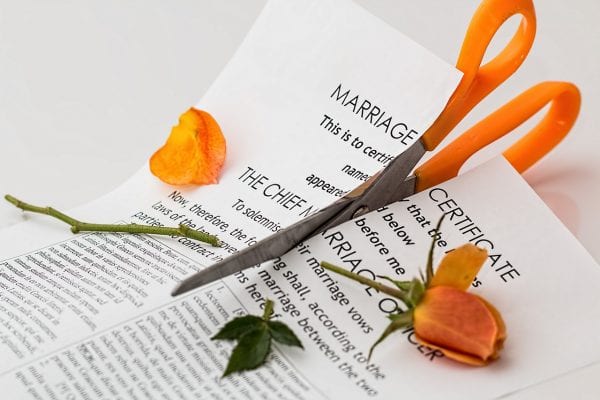How To Get A Divorce In Illinois

A married couple registered in Illinois who is pursuing divorce must start the procedure by filing a Petition for Dissolution of Marriage, which puts all issues before a judge. Most of the time, it is very adversArial, so both sides should not admit any unfavorable facts in the petition, regardless of if the matter is uncontested or not. A divorce is fraught with an emotional roller coaster which can have long-term ramifications, not just for the couple, but for the other people around them. A professional and experienced divorce attorney could help both sides navigate the treacherous waters of the divorce court and procedures.
What Happens After the Petition for Dissolution of Marriage Is Filed
Once this step has been accomplished, the other spouse would be served with a Summons by the Sheriff or a private investigator. The other spouse has thirty days to respond to the petition. In the case the other spouse fails to respond, the court will recognize that s/he is in “default”. A “default divorce” then could follow, but this does not happen very often. If the other spouse shows up, both sides will need to exchange a Financial Disclosure Statement or Comprehensive Financial Statement or Financial Affidavit which tells the other side what assets and debts are present. Accuracy is of utmost importance, as errors could later be interpreted in court as trying to hide assets or being negligent in supporting the other spouse. If this is accomplished without further ado, then an agreement favorable to both sides might be reached, recorded in a Marital Settlement Agreement and presented to the court for approval. If there are children involved, parenting and custody agreements by both sides would be recorded in the Joint Parenting Agreement and Custody Judgment.
Seeking The Help Of A Divorce Attorney
Everybody agrees that getting a divorce is no walk in the park. Not only is the couple admitting to the death of their relationship and their “happily ever after” dreams, there might also be negative feelings left over from the marriage, often spanning years or decades, which could range to issues about abandonment, infidelity, financial strife, in-laws conflicts, lifestyles, and values mismatch, and the list goes on. Emotions would definitely run high during this time, so it is highly advisable to seek the advice and guidance of a cool-headed, neutral third party in the form of the divorce attorney who could objectively steer both sides to an amicable settlement. Experienced divorce attorneys have seen it all, and they would understand each future divorcee’s situation, sympathize during this difficult transition period and aim for the least painful conclusion and closure.
What To Do After A Divorce
An attorney could also help after the divorce has been finalized by helping the divorcee create an estate plan to protect assets after death. Often times, changes must be made to the executor of the Last Will and Testament. Additionally, an attorney would be able to find ways to protect the estate from probate.
Similar Posts:
- 5 Things to Consider When Getting an Uncontested Divorce
- 3 Things To Do Once You Decide To File For Divorce
- 3 Ways To Protect Your Children When Going Through A Divorce
- Finding Your Way At The End Of A Relationship
- Knowing the Process Inside and Out: 8 Steps to Take Before Getting a Divorce








